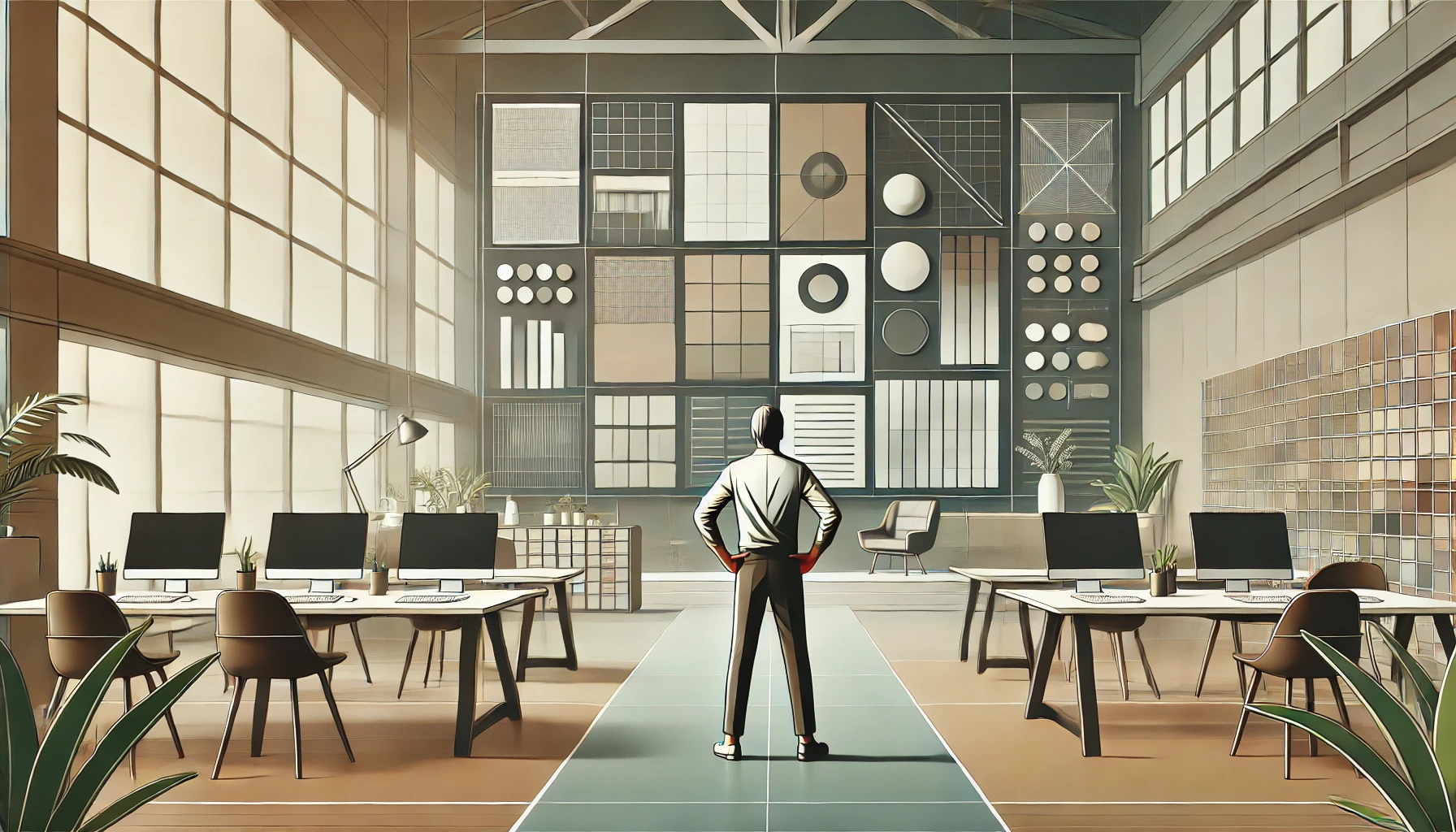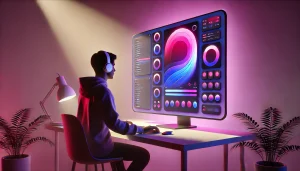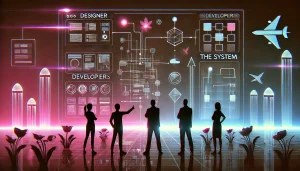To better online experiences, unexplored realities, & dimensions 🙂
We, as humans, sought entertainment and knowledge from the people and environment we
were surrounded by. This was soon replaced by television, which helped us switch between
different sources of entertainment and knowledge with the click of a button. The next big
advancement was the internet, which allowed us to access a multitude of information,
and entertainment and even seek new connections with people in geography altogether different
from our own. Thereafter, we got smartphones, which in a way, helped us carry all this in the
comfort of our pockets. As technology rapidly advanced, it changed and affected the way we
functioned as a society.
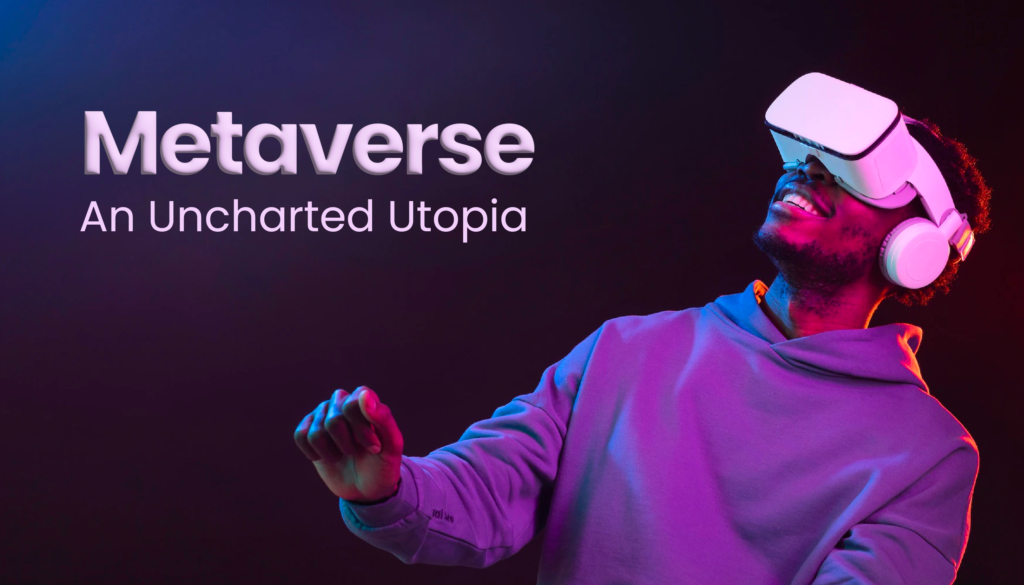
Last year ended with the buzz-term – “Metaverse”, when Mark Zuckerberg, the founder and
CEO of Facebook (now Meta), introduced his approach to the metaverse. The metaverse can
be thought of as the next stage of the internet and the evolution of human interactions in the
digital realm!
During Connect 2021 keynote, Mark Zuckerberg made clear his vision of the metaverse as a
place we can step into and access the full potential of human connection and interaction. He
announced that instead of focusing on interacting with technology, he aims to build
technology that focuses on interacting with each other.
The conceptual metaverse offers many opportunities. It would have a home space that we
could personalize with our virtual assets and allow us to return to, as our personal space in the
metaverse. The metaverse would also allow humans from one location to “teleport” in virtual
space, to another virtual or real location, where they could meet up, interact and virtually
share experiences. This would be possible through the advancement of AR, VR, and full-body
haptic suits that would help recreate the sense of touch. The metaverse would also offer
opportunities to the creator community to produce assets for the different virtual worlds that
comprise the multiverse of the metaverse.
This would enable people to use their virtual currencies like cryptocurrency to buy virtual
assets such as non-fungible tokens (NFTs). NFTs could be used to adorn virtual spaces and
stylize one’s digital avatar in the virtual world.
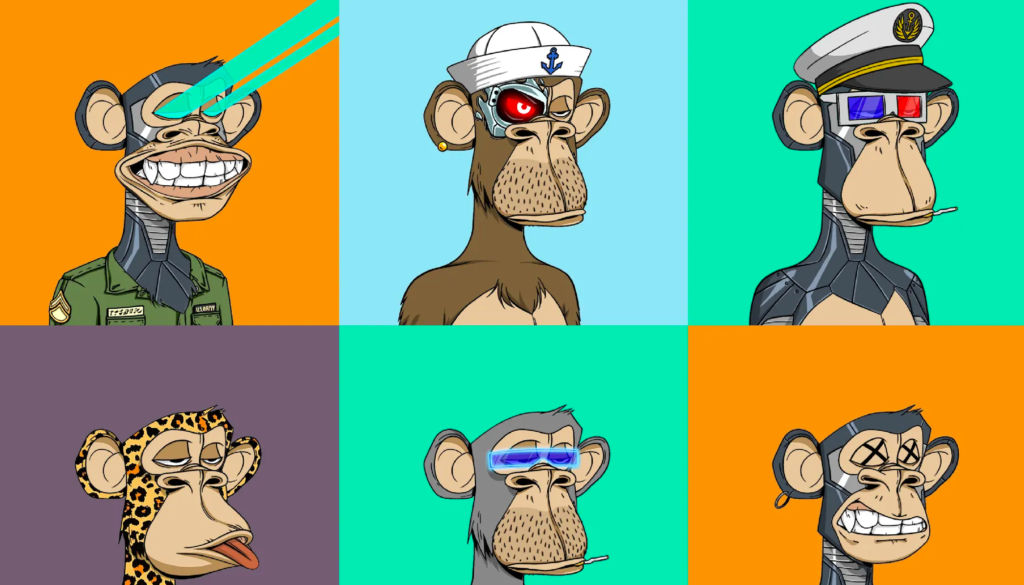
While some describe the metaverse as a place that supports the cohesive functioning of various
AR, VR, and mixed reality products, technology entrepreneur Shaan Puri has a very different
take on the metaverse. He argues that we need to accept that the metaverse will encompass
most of the aspects of our lives. “The metaverse is the moment in time where our digital life
is worth more to us than our physical life”, he added.
While having the potential to create new opportunities, I believe there are many ways the
metaverse can be misused if precautions are not taken early on.
One of the biggest threats could be identity theft. Personal identification is fairly easy in the
real world, with government-mandated documents. However, in the metaverse, with people
being allowed to create multiple avatars, tracking and authentication would become a
problem. Since the avatar has the potential to be mimicked by another person or bot, it could
raise concerns about a person’s reputation.

Like all digital spaces, the metaverse will also be susceptible to hacking. Since a person’s
avatars in the metaverse could be completely different from their real selves, personal
verification might become more intrusive. A robust security system must be created to keep
personal data safe.
Law and jurisdiction are also other areas that would require thorough research. Stringent rules
and regulations should be set in place, universal throughout the metaverse. Since it is a virtual
space, people should not mistake it as a green card to commit vices that they wouldn’t do in
the real world. Being a highly immersive and engaging experience, real people behind
devices can still get physically affected if harmed in the metaverse.
As a designer, I believe that through the metaverse, we can design for more fulfilling and
user-centered experiences. But we should also remember that behind every screen and every
device, there is a human whose well-being must be at the center of the design process.
While the metaverse is still a long way from being omnipresent in society, we must also ask
ourselves to what degree we want to allow it to be a part of our lives.
We should explore ways to make it a multi-sensorial experience rather than just plugging ourselves in and disconnecting from the real world and the feeling of being human.
Frequently Asked Questions (FAQs)
1. What is the Metaverse and how does Mark Zuckerberg define it?
The Metaverse is considered the next evolution of the internet, shifting from 2D screens to immersive 3D experiences. Mark Zuckerberg envisions it as a space where technology focuses on connecting people with each other, rather than people just interacting with devices. It allows users to “step into” the internet to access the full potential of human connection.
2. How does Shaan Puri’s definition of the Metaverse differ from the traditional view?
While many view the Metaverse as a place (VR/AR worlds), technology entrepreneur Shaan Puri defines it as a specific “moment in time.” He argues that the Metaverse begins when our digital lives, our online identities, assets, and interactions become more valuable and significant to us than our physical lives.
3. What technologies are essential for the Metaverse to function?
The Metaverse relies on advanced technologies to create immersive experiences. This includes Augmented Reality (AR) and Virtual Reality (VR) for visual immersion, and full-body haptic suits to recreate the sense of touch. These tools enable users to “teleport” to virtual locations and interact as if they were physically present.
4. What role do NFTs and Cryptocurrency play in the Metaverse?
Cryptocurrency serves as the virtual currency for the Metaverse economy. It allows users to purchase Non-Fungible Tokens (NFTs), which represent ownership of unique virtual assets. Users can use NFTs to customize their digital avatars, decorate their virtual home spaces, and trade items within the multiverse.
5. What are the major security risks associated with the Metaverse?
The blog highlights Identity Theft and Hacking as significant risks. Since users can create multiple avatars, verifying a person’s true identity is difficult, making it easier for bots or bad actors to mimic others and damage reputations. Additionally, without robust security, personal data linked to these avatars could be vulnerable to cyberattacks.
6. Why are Law and Jurisdiction critical challenges for the Metaverse?
As a virtual space, the Metaverse lacks a universal set of rules. The blog emphasizes the need for stringent regulations to prevent users from treating it as a “lawless” zone where they can commit vices they wouldn’t in the real world. Establishing clear jurisdiction is essential to protect users from psychological and physical harm caused by immersive virtual interactions.

